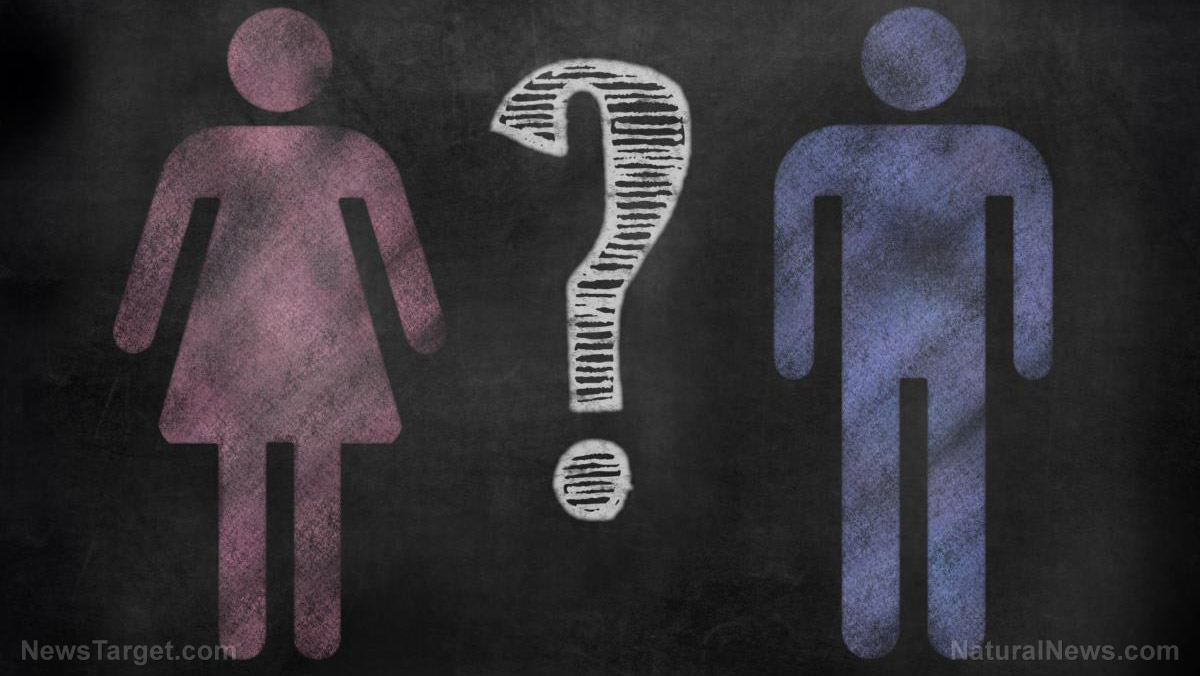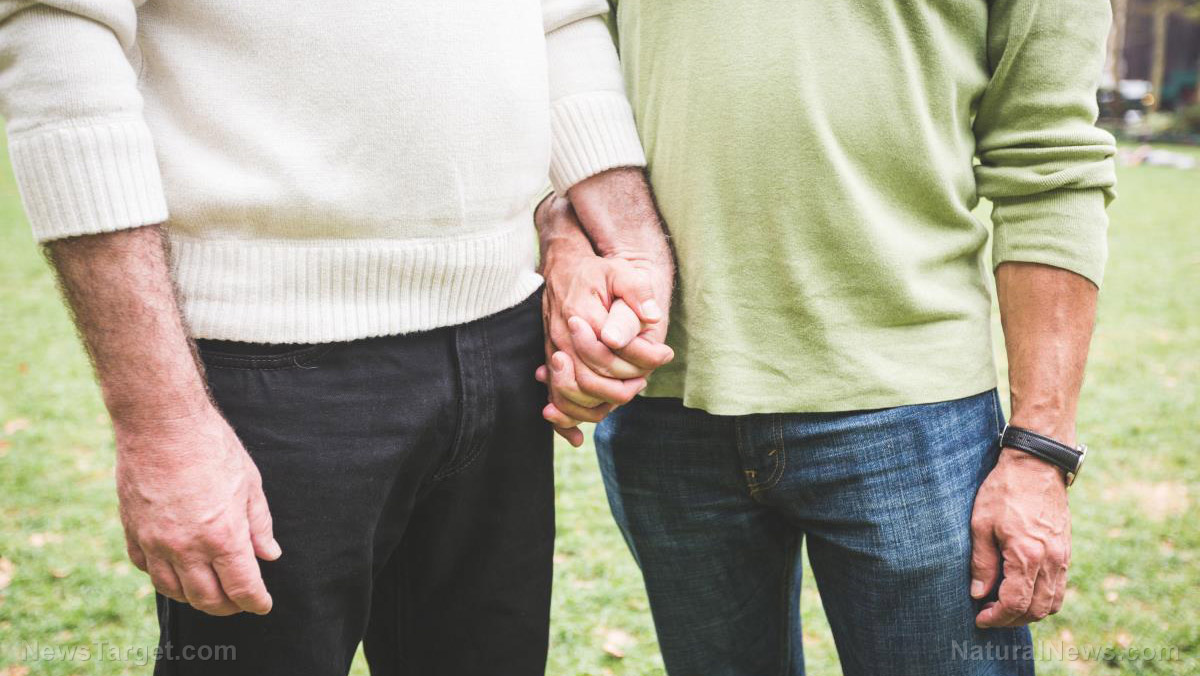Study: Following healthy diets found to reduce the risk of acquired hearing loss by 30%
04/28/2021 / By Virgilio Marin

A study published in the American Journal of Epidemiology suggests that following a healthy diet may help ward off acquired hearing loss. A team led by Brigham and Women’s Hospital researchers examined middle-aged women and found that the odds of developing hearing loss is 30 percent lower in those who adhere to a healthy diet.
Adherence to a healthy diet linked to lower risk of hearing loss
Acquired hearing loss refers to the total or partial inability to hear sounds that develop after birth. It occurs for various reasons, including ear infection, meningitis, measles, head injury, exposure to loud noise and aging.
Past studies linked higher intake of certain nutrients such as beta-carotene (found in carrots, legumes and other foods) and omega-3 fatty acids (found in fatty fish) to a lower risk of self-reported hearing loss. The researchers wished to learn more about this connection by tracking people’s diets and measuring changes in their hearing sensitivity over a long period of time.
To do so, the researchers studied 20 years of dietary intake information from over 3,000 women with a median age of 59 who were included in the Nurses’ Health Study II. Using this information, they examined how closely the women’s long-term diets resembled the Alternate Mediterranean diet (AMED), Dietary Approaches to Stop Hypertension (DASH diet) and Alternate Healthy Index-2010 (AHEI-2010).
AMED is a version of the Mediterranean diet adapted to reflect eating patterns that are linked to a lower risk of chronic disease, while the DASH diet is intended to control and prevent high blood pressure. On the other hand, AHEI-2010 is based on the 2010 U.S. Department of Agriculture’s Dietary Guidelines for Americans and shares similar components with AMED and the DASH diet.

Past studies linked adherence to these diets to a lower risk of heart disease, stroke, diabetes, hypertension and premature death.
To measure the participants’ hearing sensitivity over the course of three years, the team put up 19 testing sites across the country and trained audiologists to measure changes in the participants’ pure-tone hearing thresholds – the lowest and highest pitch (frequency of a sound) that a person can detect in one ear.
The researchers found that the odds of hearing loss in the mid-frequencies were nearly 30 percent lower in the women whose dietary patterns resembled the three diets, compared to those whose diets least resembled them. Meanwhile, the odds of hearing loss in higher frequencies were up to 25 percent lower. The frequencies encompassed in these associations, according to the researchers, are critical for speech understanding.
“We were surprised that so many women demonstrated hearing decline over such a relatively short period of time,” said Sharon Curhan, a professor of medicine at Harvard Medical School and the lead researcher of the study.
After only three years, nineteen percent of the participants had low-frequency hearing loss, 38 percent had mid-frequency hearing loss, while nearly half had high-frequency hearing loss. (Related: Age-related hearing loss halted with folate nutrient.)
“The mean age of the women in our study was 59 years; most of our participants were in their 50s and early 60s. This is a younger age than when many people think about having their hearing checked,” she added.
The researchers plan to continue tracking the participants with repeated hearing tests and are currently investigating ways to collect high-quality information for future studies across diverse populations.
Learn more about the basics of a healthy diet at FoodCures.news.
Sources include:
Submit a correction >>
Tagged Under:
#nutrition, acquired hearing loss, aging, DASH diet, food cures, food is medicine, healthy diets, hearing, hearing impairment, Mediterranean diet, prevention, research
This article may contain statements that reflect the opinion of the author



















